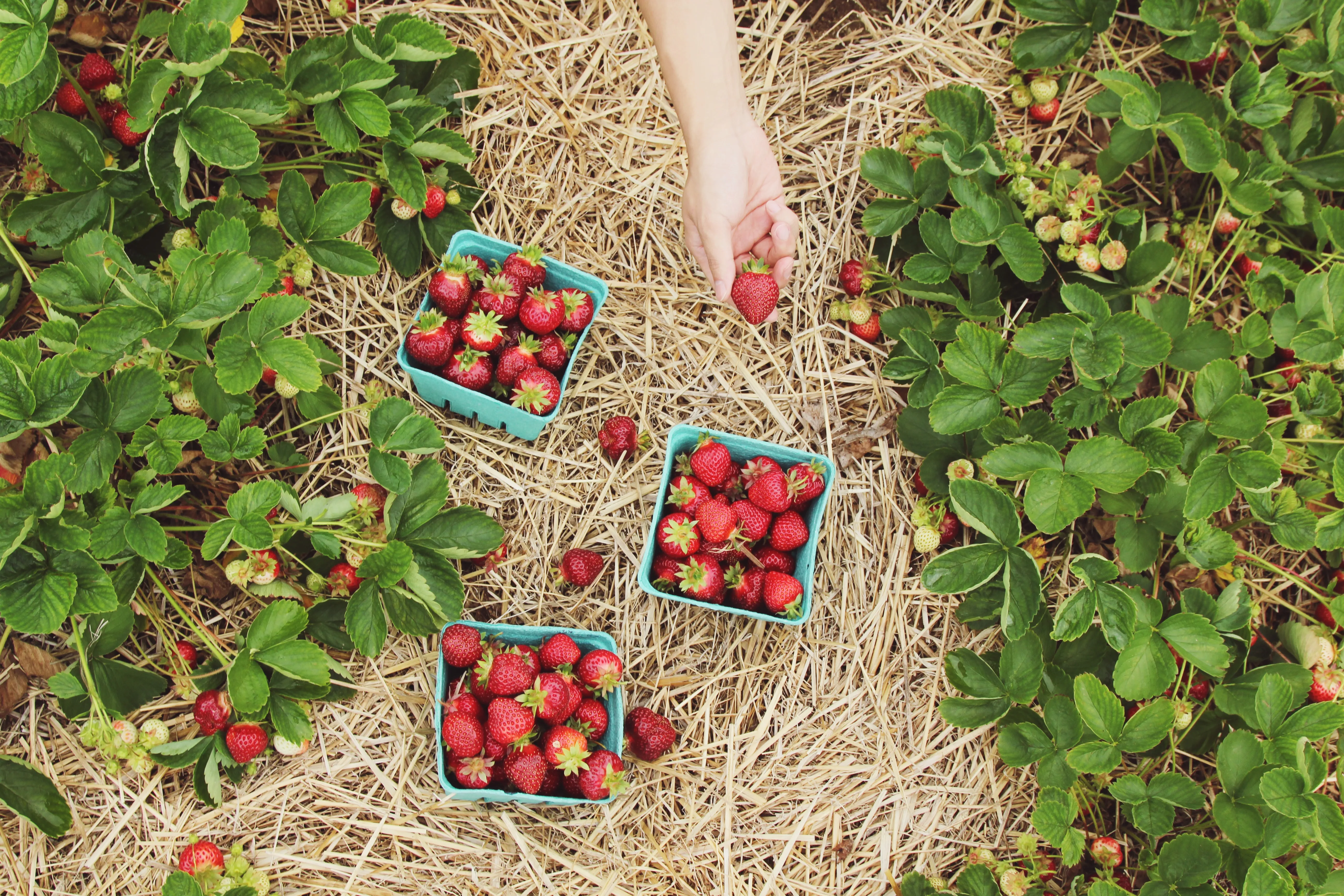Equipment and Tools for No-Till Farming
Equip yourself for success with 'Equipment and Tools for No-Till Farming' from Vriksha Farms. This comprehensive blog post guides you through the essential tools and equipment needed for effective no-till farming practices. Learn how these tools contribute to soil health, environmental sustainability, and overall farm efficiency. Discover the transformative impact of no-till methods in agriculture, enabling farmers to maintain productive lands while adhering to eco-friendly practices."

Introduction
As the agricultural landscape evolves towards more sustainable practices, no-till farming has become a focal point, particularly for entities like Vriksha Farms. This method aligns with their dedication to responsible agroforestry and sustainable living. In no-till farming, the right equipment and tools are crucial to ensure success. This blog post discusses the essential equipment and tools required for effective no-till farming, a key element in Vriksha Farms’ approach to managing farmland plots near Bangalore.
Essential No-Till Farming Equipment
- No-Till Drills and Planters
No-till drills and planters are designed to sow seeds without the need for prior soil tilling. These machines can plant seeds at the correct depth and spacing directly into undisturbed soil, ensuring optimal growth conditions.
- Crop Residue Management Equipment
Equipment like rotary cutters, stalk choppers, and rolling stalk choppers are used to manage crop residues. This equipment helps in evenly distributing crop residue on the field, which is vital for soil protection and moisture retention.
- Fertilizer Applicators
Specialized fertilizer applicators are used in no-till farming to place fertilizers at the right depth and proximity to the seeds or plants. This precision application ensures efficient use of fertilizers and promotes healthy crop growth.
Advantages of No-Till Equipment
- Reduced Soil Erosion
By eliminating the need for plowing, no-till equipment helps reduce soil erosion significantly. This is crucial for maintaining soil health and preventing degradation.
- Enhanced Soil Structure and Fertility
No-till equipment aids in preserving the soil's natural structure and fertility. This leads to better water retention, improved root development, and enhanced microbial activity.
- Lower Fuel Consumption
Since no-till equipment requires fewer passes over the field, it reduces fuel consumption, making farming more cost-effective and environmentally friendly.
Implementing No-Till Equipment at Vriksha Farms
- Training and Skill Development
Vriksha Farms ensures that their farm managers and workers are well-trained in using no-till equipment. Proper training is essential for the effective implementation of no-till farming practices.
- Sustainable Farm Management
The use of no-till equipment is part of Vriksha Farms' broader strategy for sustainable farm management. This approach not only aligns with their commitment to sustainable living but also offers a tangible return on investment for farmland investors.
- Addressing Customer Needs
Incorporating no-till practices and equipment addresses the needs and concerns of customers, particularly those in urban and suburban areas who are interested in sustainable farming and investing in farmland near Bangalore.
Conclusion
The adoption of specialized equipment and tools is pivotal for the success of no-till farming. At Vriksha Farms, the integration of these technologies into their farming practices exemplifies their commitment to sustainable agriculture and responsible agroforestry. By investing in the right equipment, Vriksha Farms continues to pave the way for more sustainable, efficient, and productive farming near Bangalore.
